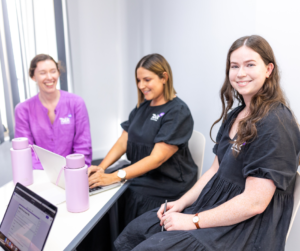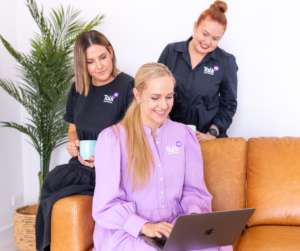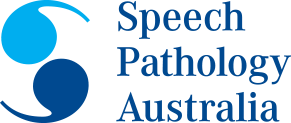What is Prep Easy Group Therapy?
Our Prep Easy program is suitable for Prep students who struggle with reading and spelling. This group targets skills that are required to learn to read and spell in Prep. Our Prep Easy includes activities that help build the following skills: oral language, phonological awareness, phonics, and vocabulary. This blog explains what each of these skills are and why they are important in developing reading and spelling skills in Prep.
Oral Language
It is estimated that starting Prep, most children know approximately 6,000 words. By the end of Year 2, this number will have increased to around 20,000 words. It is therefore evident that the development of oral language skills is integral to a child’s ability to read independently and spell correctly. Furthermore, children who have strong oral language abilities are better able to comprehend what they read and are more likely to become proficient readers.
In order to develop strong oral language skills, children need opportunities to listen to and engage in conversations with others. They also need opportunities to practice using new words and structures in a variety of contexts. Providing children with such opportunities helps them build their vocabulary and understand how spoken language works. This, in turn, lays the foundations for effective reading and spelling. Therefore, it is clear that oral language development is essential for starting school with the skills required for success in learning to read and spell.
Phonological Awareness
Phonological awareness is hearing, identifying, and manipulating individual sounds, or phonemes, in spoken language. It is an important foundation for learning to read and spell. When children start Prep, they have usually had a lot of exposure to spoken language and are starting to develop phonological awareness naturally. However, some children may need extra support to develop this important skill. Many games and activities can help children develop phonological awareness, and it is never too late to start. Learning phonological awareness can help children to become better readers and spellers, so it is well worth the effort.
Phonics
There are many reasons why phonics is important for Prep students to learn to read and spell. Firstly, phonics help students understand the relationship between letters and sounds. This is essential for being able to read words correctly. Secondly, phonics help students identify the different sounds that makeup words. This is important for being able to spell words correctly. Finally, phonics helps students to read faster and with greater fluency. This is because they can use their knowledge of letter-sound relationships to ‘sound out’ unknown words. In summary, phonics is essential for learning to read and spell. without a strong foundation in phonics, students will struggle with these important skills.
Vocabulary
Prep is a time of great learning and growth. We want kids to continue to develop a “mature” vocabulary as they progress through school. A strong vocabulary is important for two key reasons. Firstly, it helps children with reading comprehension. If they are familiar with the words used in a text, they are more likely to understand what they are reading. Secondly, a strong vocabulary helps children with spelling. When they know the meaning of words, they are more likely to be able to spell them correctly. So, starting Prep with a strong vocabulary will set your child up for success in both reading and writing.
What’s involved in the Prep Easy groups?
Each of our groups runs for 1 hour each day for 4 days. It is important that your child attends each day of the groups. Groups run for 4 days.
Do parents sit in the sessions as well?
Parents will wait in the reception. At the 50-minute mark, the speech pathologist will bring the children out to the parents and explain what was covered in the group. Because of confidentiality, specific feedback about your child’s performances is shared via the See Saw app. This is a REALLY important feature of the groups. A big component of speech pathology is coaching parents (and kids) on how to use particular techniques to help build and strengthen specific skills. These ten-minute daily tricks/tips in the family home make a world of difference to your child’s reading and spelling.
How many children are in each group?
We only allow 3-4 children per group to maximise learning.
How do I enrol in the groups?
Contact Us here and our support services team will be in touch to add your child to the group. Alternatively, click this link and you will be taken to our online booking system. and you can select the location and time that suits you. For private paying clients, we require a deposit of $96. Once enrolled in the group, we will send you a confirmation email, case history and payment details.
What if the groups are already full?
You can register your expression of interest. We will contact you when the next round of groups becomes available. To ensure your child’s place, we recommend paying a deposit.
How much does group therapy cost?
Each session costs $96. This includes a $10 non-refundable administration fee.
How much is the deposit?
The deposit is $96, payable at the time of booking. NDIA-funded clients will need to submit a completed service agreement to secure their child’s place.
What if my child can’t attend the group?
We understand that life happens and plans can suddenly change. You must contact us to let us know you cannot attend. Your child can attend a group at a later date.
If you are no longer interested in attending the groups, you will receive a refund of $86.







